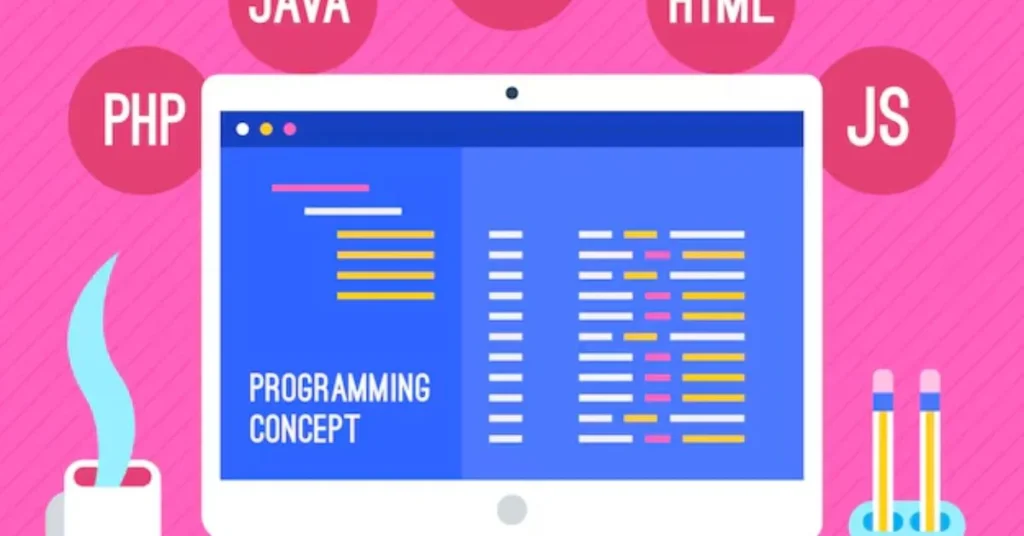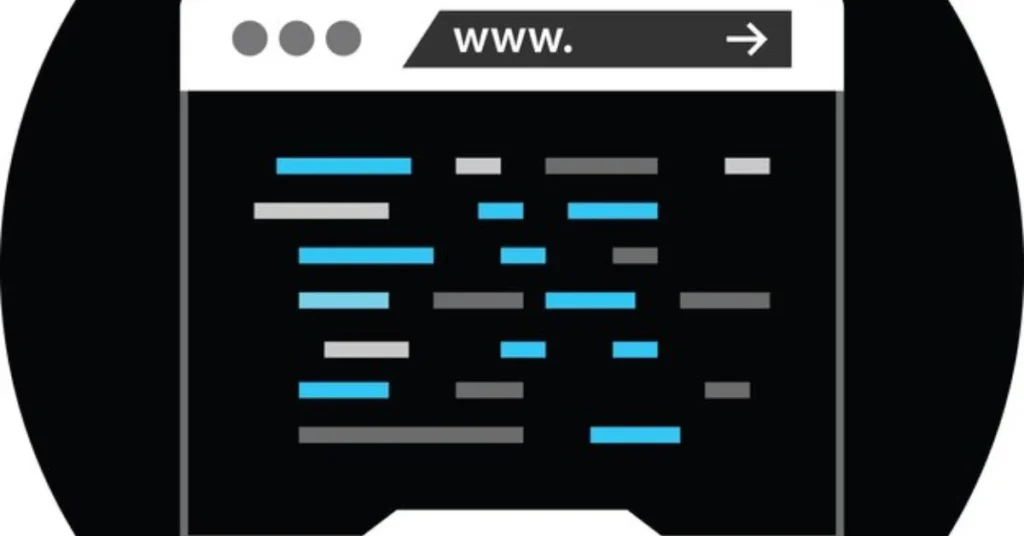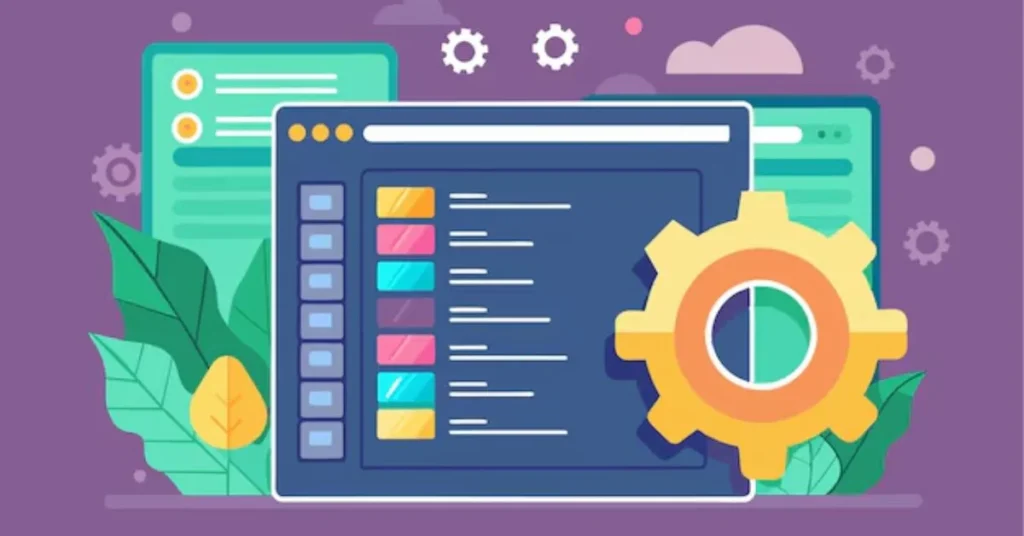In today’s fast-paced software development world, automation is key to efficiency. The Wowza Gradle Plugin is a game-changer for developers working with Wowza streaming projects. It helps streamline the building, testing, and deployment process, making it easier to manage complex streaming workflows. If you’re developing for Wowza Streaming Engine or Wowza Cloud, integrating the Wowza Plugin can drastically improve productivity. In this article, we’ll explore what the Wowza Plugin is, how it works, and why it’s a must-have tool for developers.
What is the Wowza Gradle Plugin?
The Wowza Gradle Plugin is an open-source plugin designed to simplify the development and deployment process for Wowza-based streaming projects. Gradle, a widely-used build automation tool in the Java ecosystem, helps manage dependencies, compile code, run tests, and package projects. The Wowza Plugin integrates with Wowza Streaming Engine, allowing developers to automate building, deploying, and managing streaming applications within the Gradle environment. Whether you’re working on a video-on-demand system or a live streaming platform, the Wowza Plugin can save you valuable time.
Must read Sidekicks Orange Obsession Gummies Review: A Delicious and Healthy Treat?
Why Use the Wowza Gradle Plugin?
Using the Wowza Gradles Plugin offers several benefits:
- Automation: It automates repetitive tasks like building, testing, and deploying code, allowing developers to focus on writing quality applications.
- Consistency: Ensures consistent builds across different environments, minimizing errors caused by manual configurations.
- Flexibility: The plugin allows developers to configure build scripts based on their unique needs, making it adaptable to different projects.
By reducing the manual effort involved in managing Wowza streaming applications, the Wowza Gradles Plugin allows developers to focus more on innovation and less on administrative tasks.
Key Features of the Wowza Gradle Plugin
Easy Configuration for Wowza Streaming Engine
The Wowza Plugin integrates smoothly with Wowza Streaming Engine, providing a set of pre-defined tasks and configurations that streamline the development process. Once installed, you can easily configure your Wowza environment within your Gradle build script. Developers can use Gradle commands to start or stop the Wowza Streaming Engine, deploy custom modules, or even execute automated tests.

Seamless Dependency Management
Managing dependencies in a project can often become a complex task, but with the Wowza Plugin, it becomes simple. It handles both third-party and Wowza-specific dependencies, ensuring that the correct versions of libraries and plugins are installed. This ensures your project runs smoothly without compatibility issues.
Build and Deployment Automation
One of the most significant advantages of using the Wowza Plugin is its ability to automate builds and deployments. You can create automated pipelines that compile your Wowza-based project, run unit tests, and then deploy the final package to a server or cloud environment. This automation speeds up development cycles, allowing your team to quickly iterate on features and bug fixes.
Support for Custom Wowza Modules
Wowza Streaming Engine allows developers to create custom modules that extend its functionality. The Wowza Gradle Plugin simplifies the process of developing, testing, and deploying these modules. With just a few commands, developers can compile their custom modules, package them, and deploy them directly to the Wowza server.
Streamlined Testing Process
Testing is a critical part of any software development lifecycle. The Wowza Gradle Plugin makes it easier to run both unit tests and integration tests within the Wowza environment. Developers can set up automated testing pipelines, ensuring that new code is thoroughly tested before it’s deployed to production. This helps reduce bugs and enhances the reliability of your streaming applications.
How to Install and Use the Wowza Plugin
Installation Steps
Installing the Wowza Plugin is a straightforward process. First, ensure that you have Gradle installed on your machine. Next, you’ll need to add the Wowza Plugin to your project’s build script. This can be done by modifying your build.gradle file and adding the following lines:
groovy
Copy code
plugins {
id ‘com.wowza.gradle.plugin’ version ‘x.x.x’
}
After adding the plugin, you can configure the Wowza Streaming Engine settings within the build.gradle file to suit your specific project needs.

Basic Commands and Usage
Once the Wowza Gradle Plugin is installed, several commands become available to streamline your workflow. Here are some basic tasks you can perform:
- gradle startWowza: Starts the Wowza Streaming Engine.
- gradle stopWowza: Stops the Wowza Streaming Engine.
- gradle deployWowzaModule: Deploys custom Wowza modules to the server.
These commands make it easier to manage your Wowza environment directly from your build scripts.
Advanced Configuration for Large Projects
For large-scale projects, the Wowza Gradle Plugin offers advanced configuration options. You can create multiple build configurations to handle different environments, such as development, staging, and production. This ensures that each environment is set up with the correct settings and dependencies. Additionally, you can integrate the Wowza Plugin with CI/CD tools like Jenkins or GitLab CI to fully automate your build and deployment pipeline.
Best Practices for Using the Wowza Gradles Plugin
Keep Dependencies Updated
One of the key aspects of using any build automation tool is managing dependencies. With the Wowza Gradle Plugin, it’s essential to keep your dependencies up to date. Regularly check for updates to Wowza Streaming Engine and any third-party libraries you’re using to avoid security vulnerabilities and compatibility issues.
Use Modularization for Better Code Management
If you’re working on a large Wowza-based project, consider using a modular architecture. This involves breaking down your project into smaller modules that can be independently developed and tested. The Wowza Gradles Plugin makes it easy to manage and deploy these modules, reducing the complexity of large projects.
Automate Testing and Deployment
To maximize the benefits of the Wowza Plugin, automate as much of your workflow as possible. Set up automated testing pipelines to ensure that your code is free from bugs, and use continuous deployment pipelines to quickly release new updates. This will help improve the overall quality and speed of your development process.
Conclusion
The Wowza Gradle Plugin is a powerful tool that simplifies the development, testing, and deployment process for Wowza-based streaming projects. By integrating it into your workflow, you can automate repetitive tasks, manage dependencies, and ensure consistent builds across environments. Whether you’re building live streaming platforms or video-on-demand systems, the Wowza Gradles Plugin can help you streamline your processes and focus on creating high-quality applications. Click here for more information.

What is the Wowza Gradles Plugin?
The Wowza Gradles Plugin is a tool that helps developers automate the build, testing, and deployment process for Wowza-based streaming projects. It integrates with Gradle to streamline the development workflow.
How do I install the Wowza Gradles Plugin?
To install the Wowza Gradles Plugin, add the plugin to your build.gradle file and configure it to suit your project. You can then use Gradle commands to manage your Wowza environment.
Can I use the Wowza Gradles Plugin with Wowza Streaming Engine?
Yes, the Wowza Gradles Plugin integrates seamlessly with Wowza Streaming Engine, allowing you to start, stop, and deploy modules directly from your Gradle build scripts.
What are the benefits of using the Wowza Gradles Plugin?
The Wowza Gradles Plugin offers automation, consistency, and flexibility for managing Wowza-based streaming projects. It saves time by automating tasks like building, testing, and deploying code.
How can I automate testing with the Wowza Gradles Plugin?
You can set up automated testing pipelines using the Wowza Gradles Plugin by writing test cases and configuring Gradle to run them during the build process. This ensures that your code is always tested before deployment.















